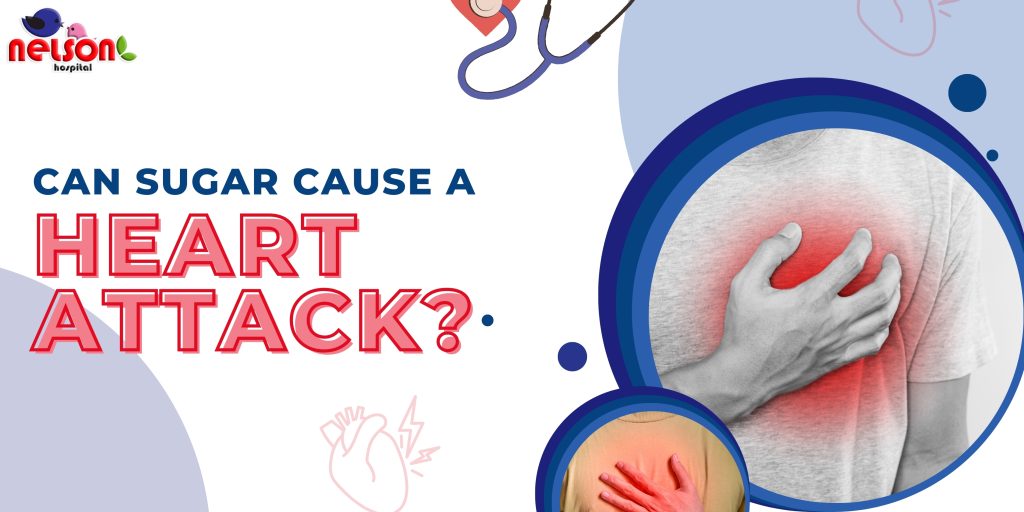
We all love a sweet treat now and then, but have you ever wondered how much sugar is too much for your heart? Many of us are unaware of the dangerous connection between excessive sugar consumption and cardiovascular health. Studies have shown that too much sugar can increase the risk of heart attacks and other heart-related diseases. In this blog, we’ll explore how sugar can affect your heart and answer the burning question: How many grams of sugar can cause a heart attack?
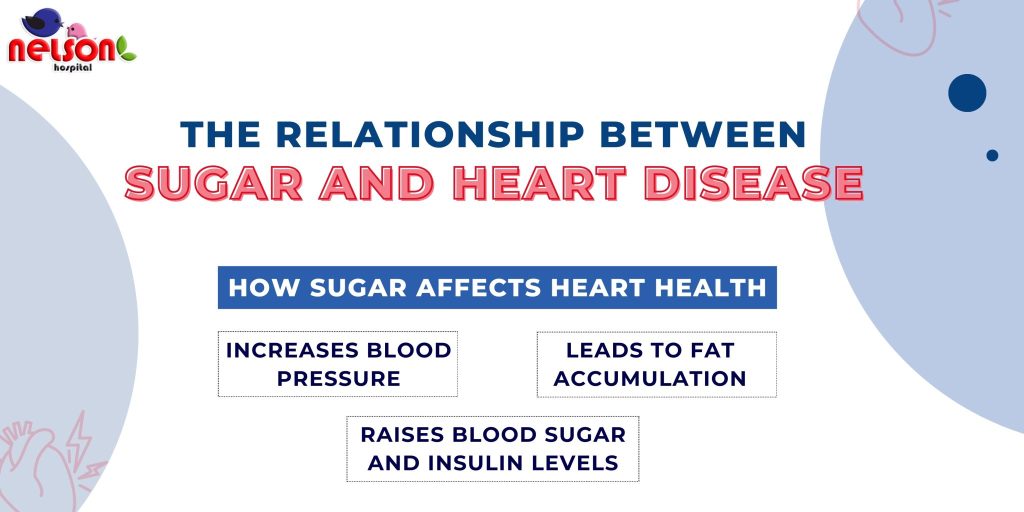
The Relationship Between Sugar and Heart Disease
Sugar is a common ingredient in our daily diet, from sugary beverages to processed foods. While it may satisfy our sweet cravings, excessive sugar can have serious long-term effects on our health. Here’s how it can impact the heart:
- Increases Blood Pressure: High sugar intake is linked to elevated blood pressure, a major risk factor for heart disease.
- Increases Blood Sugar and Insulin Levels: Consuming too much sugar causes spikes in blood glucose and insulin, increasing the risk of Type 2 diabetes, which is closely linked to heart disease.
- Leads to Fat Accumulation: Excess sugar is converted into fat, contributing to obesity and increasing the chances of heart-related issues.
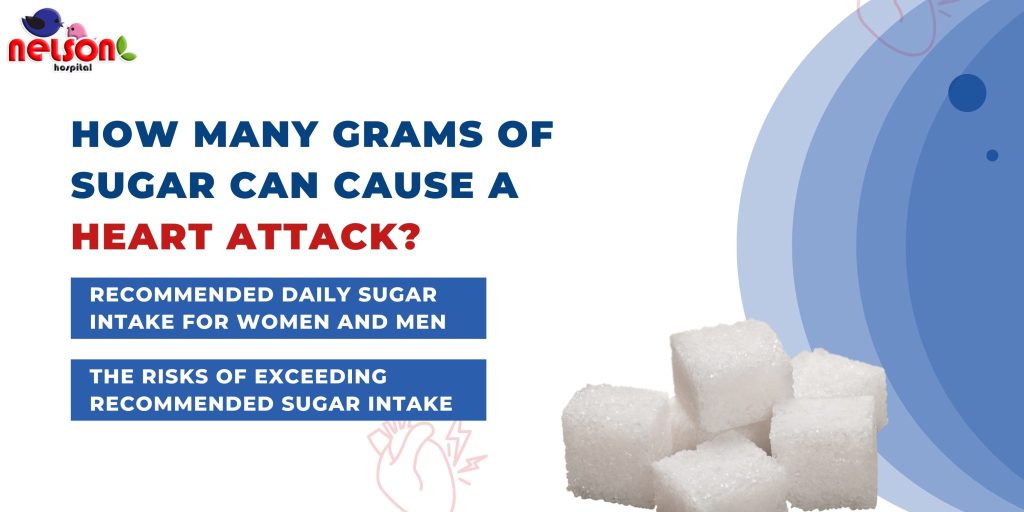
How Many Grams of Sugar Can Cause a Heart Attack?
While there is no exact number of grams of sugar that directly causes a heart attack, experts agree that the recommended daily intake should not exceed certain amounts. According to the American Heart Association:
- For women: No more than 25 grams (6 teaspoons) of added sugar per day.
- For men: No more than 36 grams (9 teaspoons) of added sugar per day.
Consuming more than these recommended amounts over time can increase the risk of developing heart disease and ultimately lead to a heart attack. It’s important to note that consuming large quantities of sugar regularly can have an increasing effect, slowly increasing the risk.
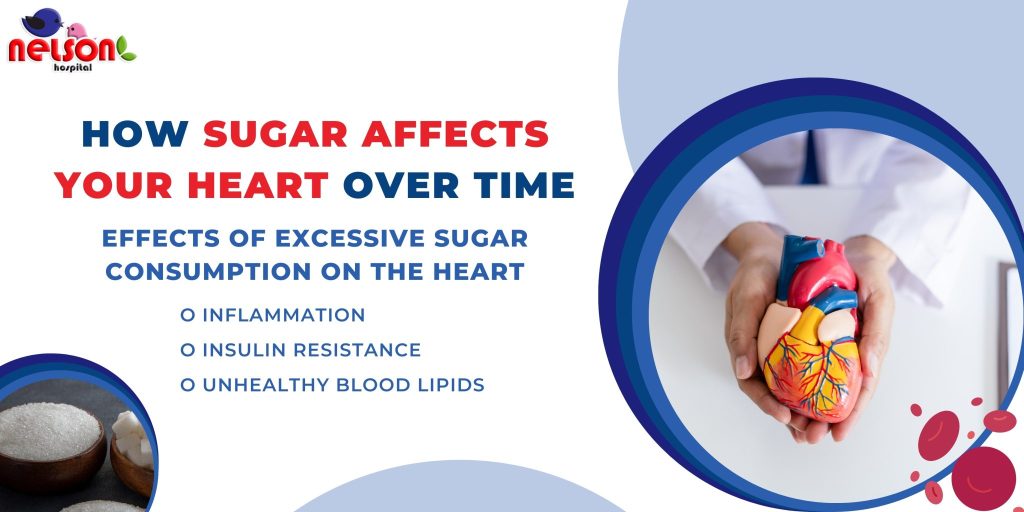
How Sugar Affects Your Heart Over Time
Here’s a breakdown of how excess sugar can slowly damage your heart:
- Inflammation: High sugar levels cause inflammation in the arteries, leading to plaque buildup, which can increase the risk of a heart attack.
- Insulin Resistance: As sugar consumption increases, the body may become resistant to insulin, leading to Type 2 diabetes, which is a major reason for heart disease.
- Unhealthy Blood Lipids: Consuming too much sugar affects the balance of cholesterol and fats in your blood, leading to a condition known as dyslipidemia, which is a major risk factor for heart disease.
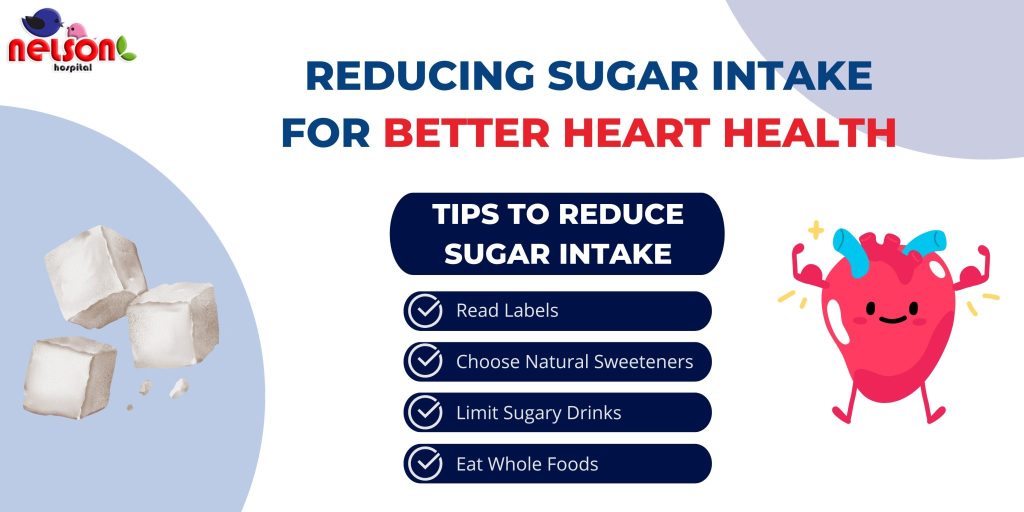
Reducing Sugar Intake for Better Heart Health
If you’re concerned about the effects of sugar on your heart, here are a few steps you can take to reduce your intake:
- Read Labels: Check for hidden sugars in processed foods, even those that don’t taste sweet.
- Choose Natural Sweeteners: Choose healthier alternatives like honey, stevia, or maple syrup in moderation.
- Limit Sugary Drinks: Avoid sugary sodas, juices, and energy drinks. Choose water or herbal teas instead.
- Eat Whole Foods: Focus on fresh fruits, vegetables, and whole grains, which contain natural sugars that are less harmful.
Conclusion:
While sugar alone might not directly cause a heart attack, excessive consumption over time can certainly increase your risk. Understanding how many grams of sugar can cause a heart attack and how it affects your cardiovascular health is crucial for making informed dietary choices. By reducing your sugar intake and adopting heart-healthy habits, you can protect your heart and reduce your risk of serious health issues. Also, book a consultation for free with Nelson Hospital to test your sugar level and get a customized diet according to your sugar level.
Ready to make a change for a healthier heart? Start by cutting back on sugary foods and drinks today! For more health tips, subscribe to our blog and stay informed.
Book an Appointment







